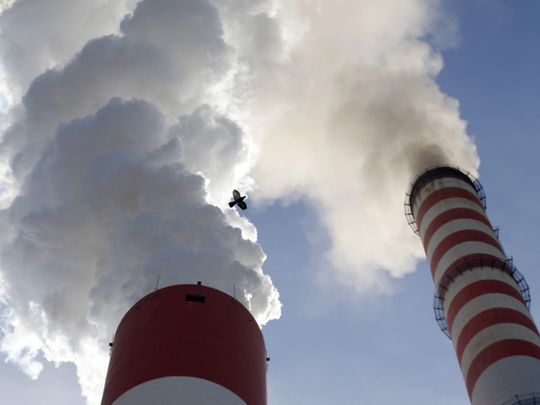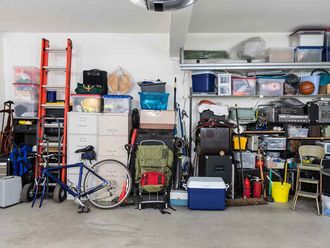
We cannot live without air for more than three minutes (that’s an average figure). Air can be found all around us everywhere on earth. It is a very crucial natural resource for mankind, although in some places it may contain harmful particulates that can affect health, environment and the economy. Thus, the theme of this year’s World Environment Day (WED), celebrated on June 5 every year, is “air pollution”.
Air pollution is caused by a mix of particles and gases such as soot, smoke, methane and carbon dioxide that can reach harmful concentrations both outdoors and indoors. In short, air pollution is the presence of a type of substance in the air that has harmful effects. It is tied to health issues such as breathing difficulties, asthma, strokes, cancer, heart disease and reduced fertility.
Air pollutants, especially Greenhouse gases (GHG), are responsible for climate change and its catastrophic effects. These pollutants also adversely affect the health of the ecosystem, resulting in reduced crop yields. Air pollutants not only causes problems in the immediate vicinity of their emission but can travel long distances across borders.
To curb air pollutants, the UAE has established a network for air quality with various partners from local and private agencies. It is a pioneering and significant step that will contribute to the reduction of major pollutants as well as identify the sectors that emit pollutants.
According to the UN Environment, 92 per cent of people worldwide does not breathe clean air and approximately 7 million people around the world die prematurely each year from air pollution. The pollution costs the global economy $5 trillion every year in welfare costs.
Thus, WED 2019 will urge governments, industry, communities, and individuals to come together to raise awareness, explore policies and actions as well as to promote the deployment of renewable energy and green technologies to improve air quality across the world.
In GCC countries, until the middle of this century, the only source of air pollution was dust and sandstorms. However, in the past four decades, the development of the oil industry, coupled with rapid socio-economic development and high rates of industrialisation, urbanisation and population growth, led GCC countries to become high energy consumers, with consequent impacts on air quality.
Global emissions of carbon dioxide
The GCC countries are also large contributors to the global emissions of carbon dioxide in terms of per capita emissions. The main pressure on urban air quality comes from power plants, different industries and the transport sector.
Thus, it is essential for GCC countries to adopt an aggressive set of policy mix tools (legislations, awareness and incentives) aimed at curbing air pollution. Well-designed economic incentives can promote clean, low-emission industries as well as increase the use of renewable energy sources at both corporate and household levels. The more renewable energy we use, the cleaner the air will be. Renewable energy sources provide air-quality, public health, and greenhouse gas emission benefits.
To improve air quality in the region, several initiatives and projects have been taken up such as air quality monitoring across all GCC countries, developing and strengthening environmental institutions and legislation, adoption of sustainable consumption and production (SCP) approaches, reducing the flared gas in oil industry, road paving, promotion of electric cars, buses and mass transportation systems.
UAE is leading the way in improving air quality that is one of the key issues in the UAE National Vision 2021 agenda and green economy strategy. To curb air pollutants, the UAE has established a network for air quality with various partners from local and private agencies. It is a pioneering and significant step that will contribute to the reduction of major pollutants as well as identify the sectors that emit pollutants.
Sustainable Development Goals
Improving air quality will help the GCC countries to realise agenda Vision 2030 and Sustainable Development Goals (SDGs). Air pollution is almost linked to all 17 goals of SDGs. For instance, efforts to combat air pollution will contribute to SDG 3 (good health and well-being), SDG 13 (climate change), SDG target 7.2 on access to clean energy in the home, SDG target 11.6 on air quality in cities and SDG target 11.2 on access to sustainable transport.
However, there is still a need for more research programmes in the field of air quality assessment, emission inventories, source apportionment, as well as health-based epidemiological studies. Joint GCC collaboration in the field of air quality, especially data sharing and best practices, is essential.
Humans can’t stop breathing, so we have to improve the quality of air which we are breathing.
Dr Mohamed Abdel Raouf is an independent environmental researcher.










